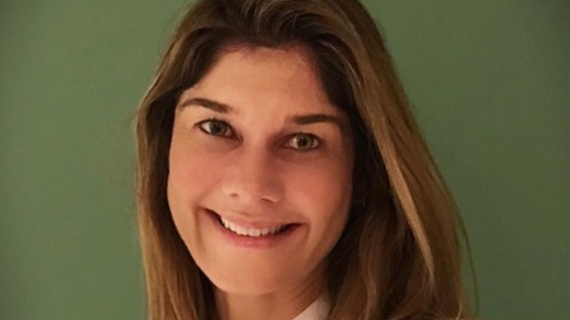Andréa Fonseca Gonçalves
Apart from fluoride - what perspectives on chemical prevention of tooth decay?

- Specialist, master, and doctor in Pediatric Dentistry
- Adjunct professor in the Department of Pediatric dentistry and Orthodontics, Faculty of Dentistry, Federal University of Rio de Janeiro (UFRJ)
- Coordinator of the Clinic for Babies and Children in Early Childhood, Faculty of Dentistry, UFRJ (CliBin-UFRJ)
- Responsible for research, innovation, and university extension projects, with experience in the areas of Cariology and Dentistry for Babies
- Professor of the postgraduate programs in Dentistry at UFRJ (PPGO) and Professional Master’s in Dental Clinic (MPCO)
- Adjunct Director of Postgraduate Studies in Dentistry, Faculty of Dentistry, UFRJ
- Young Scientist of our state (JCNE) by the Research Support Foundation of the State of Rio de Janeiro (FAPERJ)
Nationality: Brazil
Scientific areas: Preventive oral medicine
6 of november, from 11h30 until 12h45
Auditorium B
Conference summary
Fluoride has been recognized as the main responsible for the control of dental caries around the world. However, other non-fluoridated products, available on the market, have shown a potential anti-caries effect. Among them, antimicrobial and remineralizing agents stand out, such as: xylitol, chlorhexidine, CPP-ACP, among others.
Antimicrobials aim at controlling dental biofilm or changing its composition in the management of dental caries; while the remineralizing agents propose to replace the lost tooth minerals, by the acid attack of the biofilm bacteria, serving as an external source of calcium and phosphate.
This lecture aims to demonstrate the effectiveness of the use of antimicrobial and remineralizing agents in the control of dental caries, comparing them with fluoridated products, always based on the best scientific evidence available in the literature.